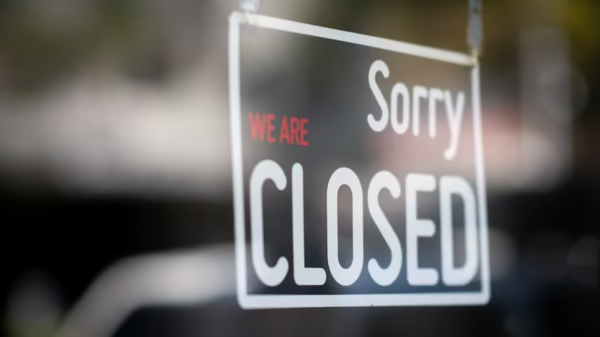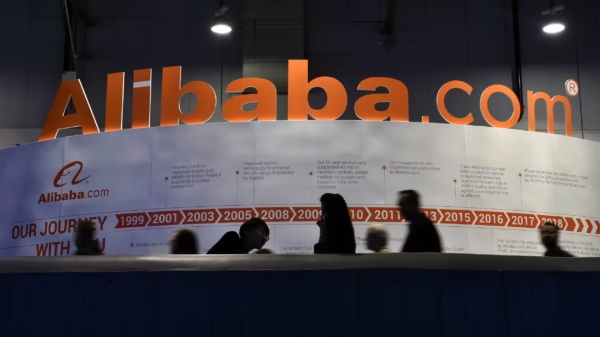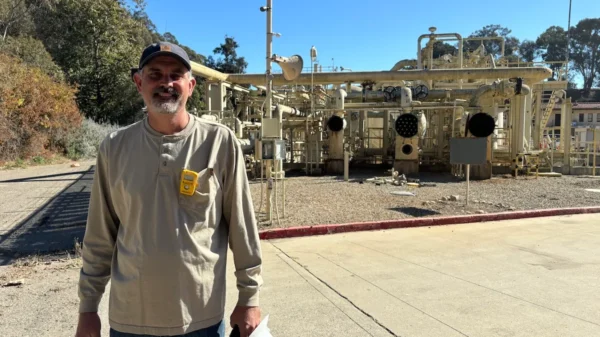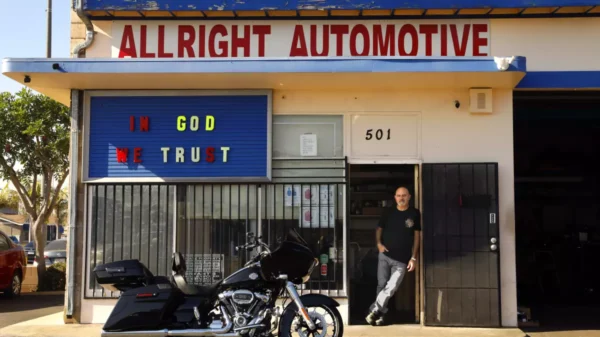NYC Businesses Weigh Relocation Due to New Congestion Toll
The introduction of a new congestion toll in Midtown Manhattan has sparked discussions among New York-based companies about relocating to New Jersey. The toll, aimed at reducing traffic and raising funds for public transportation, is causing concern over increased operational costs, prompting some businesses to consider alternatives.
The Financial Burden of the Congestion Toll
The congestion toll is expected to significantly raise the cost of doing business in Midtown Manhattan. Companies that rely on transportation for logistics, client meetings, or employee commutes may face higher expenses, straining already tight budgets. The additional financial burden is prompting businesses to reassess their cost structures and explore relocation as a viable solution.
New Jersey Emerges as an Attractive Alternative
For many companies, New Jersey offers a compelling option with its lower costs and proximity to New York City. The state’s business-friendly policies, coupled with lower real estate prices and operational expenses, make it an appealing destination. Relocating to New Jersey could help businesses mitigate the financial impact of the toll while maintaining access to the New York metropolitan area’s economic opportunities.
Potential Impact on Midtown Manhattan’s Economy
The relocation of businesses from Midtown Manhattan could have broader implications for the area’s economy. A decline in the number of companies operating in the district may reduce demand for commercial real estate, dining, and other local services. This shift could disrupt the economic vibrancy of one of New York’s most iconic business hubs, raising concerns among policymakers and local stakeholders.
Balancing Environmental Goals with Economic Needs
The congestion toll is part of New York City’s efforts to address environmental issues by reducing traffic and lowering emissions. While these goals are critical, the toll’s economic consequences have sparked debates about striking a balance between environmental sustainability and business viability. Policymakers face the challenge of addressing these competing priorities to ensure the city’s long-term success.
Business Leaders Call for Supportive Measures
In light of the toll’s impact, business leaders are urging the city and state governments to implement supportive measures. These include tax incentives for companies choosing to remain in Manhattan, investments in public transportation to improve accessibility, and exemptions or reductions for businesses heavily reliant on transportation. Such initiatives could help mitigate the toll’s effects while maintaining Midtown Manhattan’s appeal as a business hub.
Long-Term Considerations for Businesses
While relocating may seem like an immediate solution, businesses are also considering long-term implications. Factors such as workforce availability, proximity to clients, and reputational benefits of a New York City address play a role in the decision-making process. For some, the costs of relocation may outweigh the benefits, prompting them to explore alternative cost-saving measures instead.
Conclusion
The introduction of the Midtown Manhattan congestion toll is forcing businesses to make difficult decisions about their future operations. While relocation to New Jersey offers a practical solution for some, the broader implications for New York City’s economy and its business ecosystem cannot be ignored. Striking a balance between environmental goals and economic sustainability will be critical as companies, policymakers, and communities navigate the challenges posed by this new policy.



































